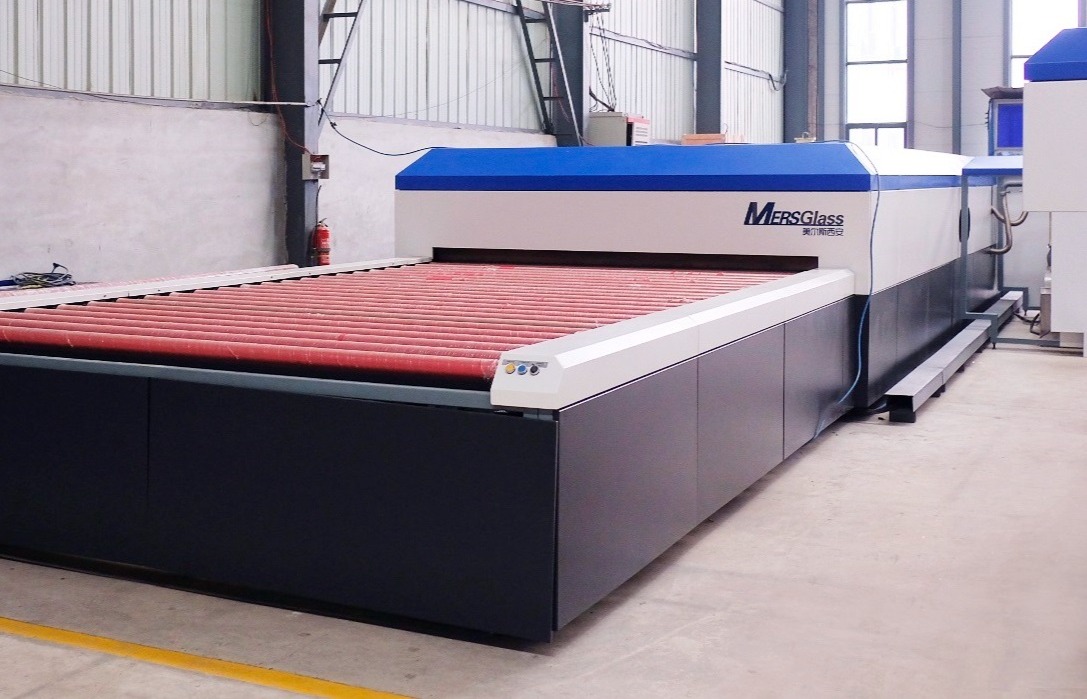
# Autoclave-Free Laminating Machine for Composite Manufacturing
Composite materials have revolutionized industries ranging from aerospace to automotive, offering unparalleled strength-to-weight ratios and design flexibility. However, traditional composite manufacturing methods often rely on autoclaves – large, expensive pressure vessels that cure composite materials under heat and pressure. Enter the autoclave-free laminating machine, a game-changing technology that’s transforming composite production.
## The Limitations of Autoclave-Based Manufacturing
Autoclaves have long been the gold standard for producing high-performance composite parts, but they come with significant drawbacks:
– High capital investment (often millions of dollars)
– Substantial energy consumption
– Limited part size based on autoclave dimensions
– Long cycle times
– High maintenance requirements
These limitations have made composite manufacturing inaccessible to many smaller manufacturers and restricted innovation in the field.
## How Autoclave-Free Laminating Machines Work
Autoclave-free laminating machines utilize alternative curing technologies to achieve comparable results without the need for massive pressure vessels. These systems typically incorporate:
– Advanced vacuum bagging techniques
– Precision temperature control systems
– Alternative pressure application methods
– Smart monitoring and control software
The result is a more compact, energy-efficient system that can produce high-quality composite parts at a fraction of the cost of traditional autoclave systems.
## Key Advantages of Autoclave-Free Systems
Manufacturers adopting autoclave-free laminating machines benefit from:
### Cost Savings
– Up to 90% reduction in equipment costs compared to autoclaves
– Lower energy consumption
– Reduced maintenance expenses
### Flexibility and Scalability
– Ability to process larger parts than autoclave size limitations
– Modular systems that can grow with production needs
– Easier integration into existing production lines
### Improved Process Control
– More precise temperature and pressure regulation
– Better consistency in part quality
– Faster cycle times
## Applications Across Industries
Autoclave-free laminating technology is finding applications in numerous sectors:
– Aerospace: Production of interior components and secondary structures
– Automotive: Manufacturing of body panels and structural elements
– Wind Energy: Creation of turbine blades and nacelle components
– Marine: Building of hulls and superstructures
– Sports Equipment: Production of high-performance gear
## The Future of Composite Manufacturing
As autoclave-free laminating technology continues to advance, we can expect to see:
Keyword: autoclave free laminating machine
– Further improvements in material properties
– Integration with automation and Industry 4.0 technologies
– Expansion into new material systems
– Broader adoption across industries
This technology represents a significant step toward making high-performance composite manufacturing more accessible, sustainable, and efficient – opening new possibilities for innovation across multiple sectors.